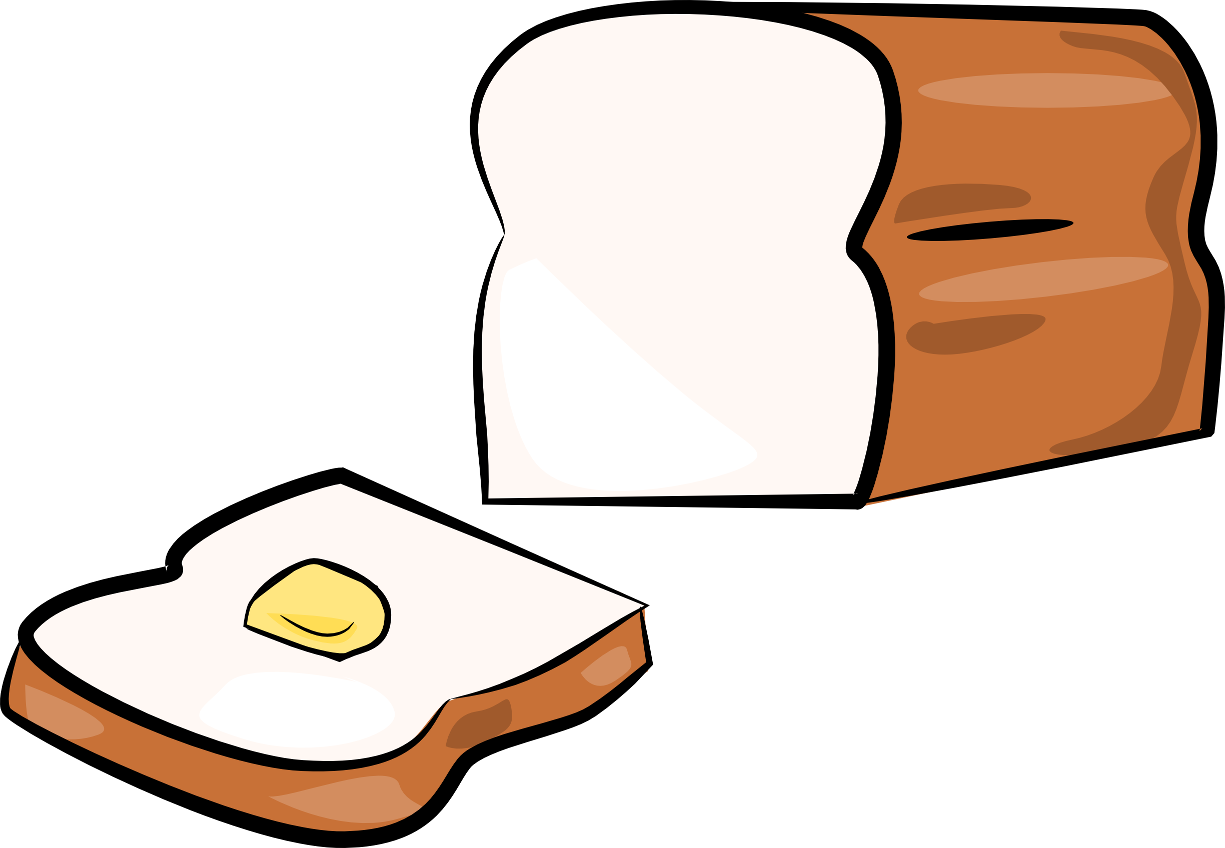The owner of the blog Raising Whasians tweeted an interesting message they received from Facebook a few days ago. Their business page had been restricted by Facebook, and when they appealed this was the response:
Just a quick recap, you’ve reached out to us about your Facebook page. As discussed, we regret to inform you that the page has been permanently restricted. The last thing that we want to happen is for our users to stop using the platform. They are the bread and butter of why we’re running ads on Facebook. Without them, there’s no one to see our ads. I understand your sentiment. However, we can no longer take further action on our end. We appreciate your understanding on this matter.
“Facebook restricted my business page back on March 19,” She wrote in the tweet. “I immediately appealed. Yesterday, June 20, they confirmed that my page is permanently restricted and cannot be reversed. No reason, no explanation.”
I am not familiar enough with all of the details surrounding the restriction of the business page to say definitively that it did or didn’t deserve to be restricted by Facebook. But, my hunch is that this is another example of Facebook poorly handled moderation. And, under a different context, I might have assumed that the screenshot of a message from Facebook was meant to be satire.
This is my favorite part: “The last thing that we want to happen is for our users to stop using the platform. They are the bread and butter of why we’re running ads on Facebook. Without them, there’s no one to see our ads.” I imagine that this is in response to the blogger’s appeal, but it is still how they responded, and it is rather insightful.
Normally, the expected response from a company to one of its customers who feels disgruntled is that they want to find a way to make things right or make them happy. Anything to keep them as a customer. But, Facebook’s reaction is “we don’t want people to leave, because then there would be nobody to see the ads.” Hmm. It sounds as if they really don’t want the people who sell the ads to leave. Making their users the butter, and the companies that pay Facebook money for its user data the bread. If Facebook really was like other companies, it would either be taking a close look at its moderation processes, or it would be making the effort to clearly explain to people like myself and @raisingwhasians why we no longer have full access to its platform.
It has been exhausting these last three weeks trying to think of everything I can do to get someone’s attention and ask for my account to be reactivated. Making this the most effort I’ve ever devoted to doing something related to Facebook, and that includes all of the pages and groups that I’ve managed over the years. It seriously should not be this hard to get my problem resolved. And, if I lost my appeal, then I guess that’s something I would need to accept, but I at least would like to know why.
As I’ve researched possible solutions, I’ve discovered that I’m not the only one whose account has been disabled by Facebook. This doesn’t really help me feel better about my own situation, but it is somewhat encouraging that my misfortune could be a part of a larger pattern that will hopefully be corrected soon.
I started documenting my efforts to reactivate my account because it was becoming more and more apparent that I couldn’t depend on Facebook to do the right thing. If users and companies are their bread and butter, then they are my next best hope. Perhaps the stories of a thousand unfairly treated users will be enough to catch the company’s attention. Or, maybe they will listen to the companies that purchase user-targeted ads.









Someone (I forget who it was) once told me, “We are not Facebook’s customers. We are their product.” We don’t fund Facebook; their advertisers do. Thus, they are Facebook’s customers. Facebook has no monetary incentive to keep their users happy, just like the operators of a pork farm don’t necessarily care how happy the pigs are.
I very much agree with that. It is apparent that it is a symbiotic relationship, we need Facebook, Facebook needs ads, therefore Facebook needs us to look at the ads. But, there are more of “us” then there are advertisers, so the company isn’t motivated to really worry about us. We can vote with our computer mice and our eyeballs, but they’ve employed so strong of a formula that they’ve been able to get people addicted to their social network.